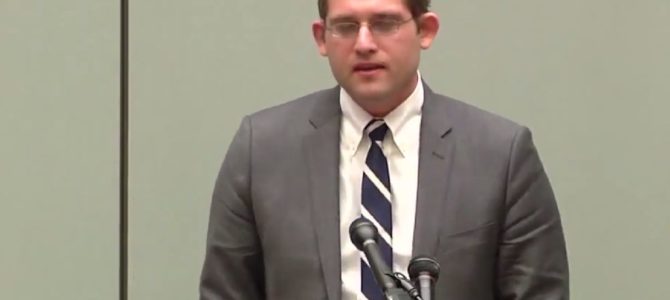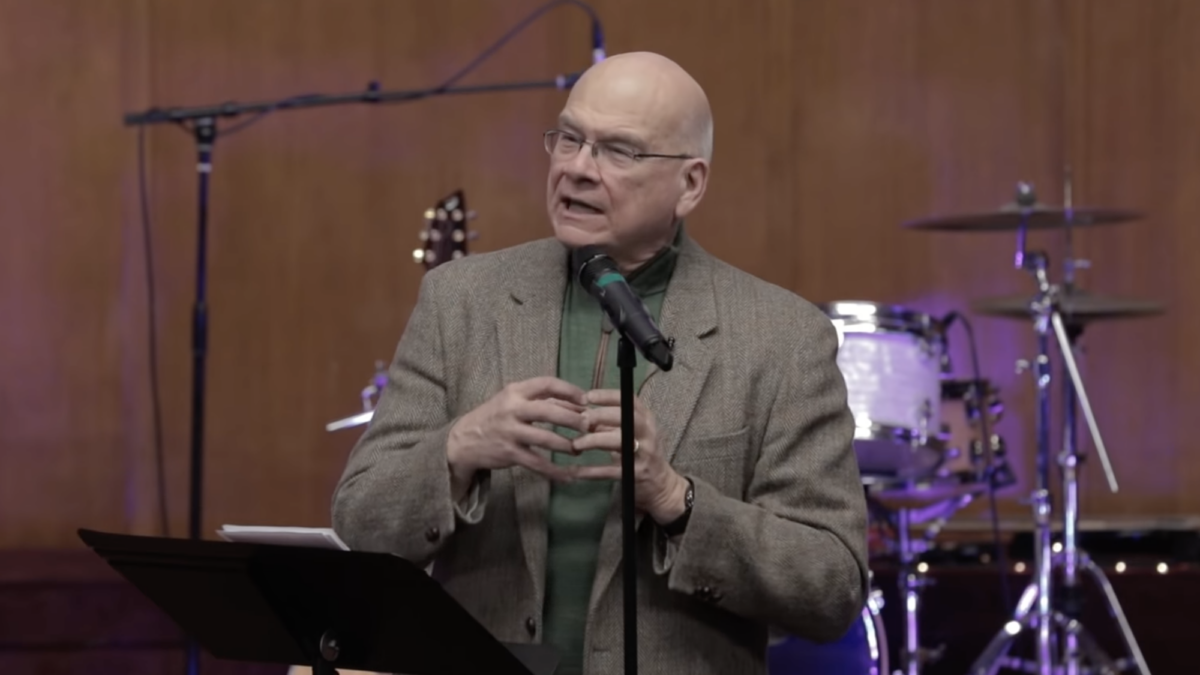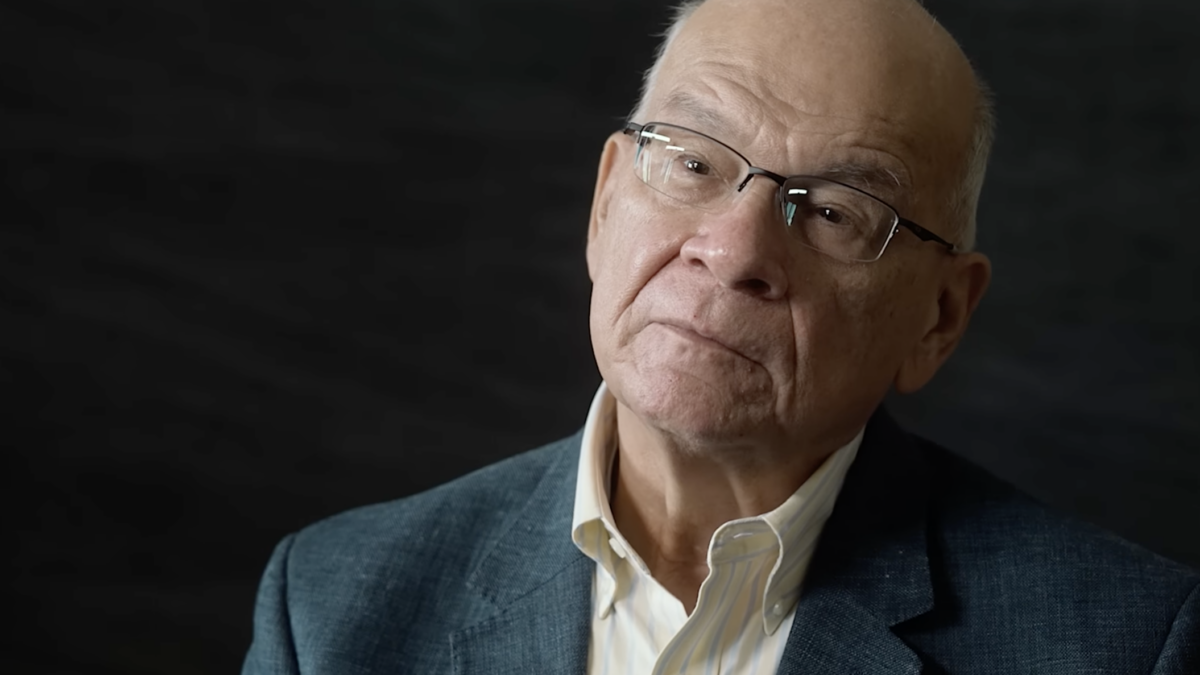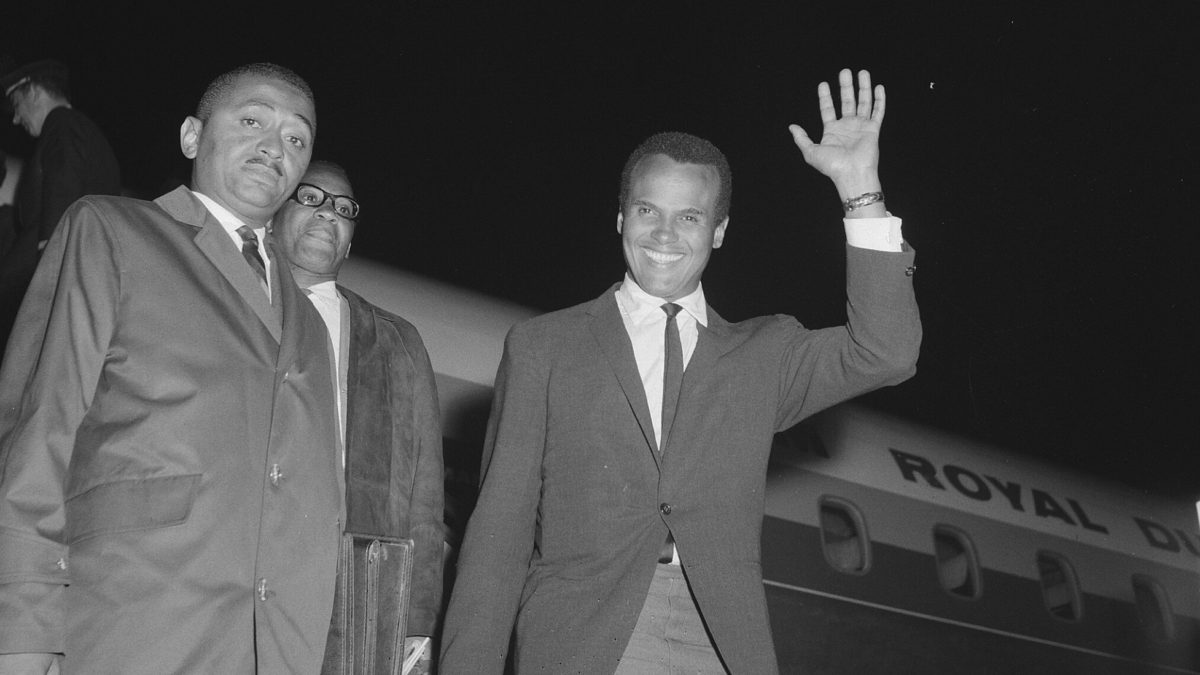
As someone who makes his living as a writer, working to influence and persuade others, I’ve often aspired to the description of the Suffering Servant depicted in Isaiah: “The Lord God hath given me a well-trained tongue, that I might know how to speak to the weary a word that will rouse them.” The Lord certainly gave Joe Rago, the Pulitzer Prize-winning Wall Street Journal writer who died last week at the too-young age of 34, a well-trained tongue, and he used his ample talents to rouse readers and policy-makers alike.
As a writer for the Journal’s editorial page, who spearheaded the paper’s editorial coverage of Obamacare and health care, Joe excelled at a medium requiring precision and discipline. While the Internet permits discursive, even plodding, analysis, the space limitations of an editorial page necessitate crisp, clear prose.
Joe’s great skill lay in his ability to weave developments—a government report here, a congressional hearing there—into a coherent yet concise narrative explaining and persuading readers on an issue. It was a skill honed by years as a writer and editor, one I wish I had.
Rago leavened his writing with facts and arguments gleaned through his innate curiosity. He spent time cultivating sources—on Capitol Hill and elsewhere—traveling to Washington frequently during the health care debate, and asking questions everywhere along the way. In discussing a recent op-ed of mine in the Journal, Joe initially thought he hadn’t seen it, then proceeded to repeat the piece’s argument back to me. He allowed that he probably had “absorbed the argument by osmosis”—an apt description of his prodigious reading and research.
Seriousness for Serious Matters, Levity for Others
In his writing, as in his life, Joe Rago coupled wisdom with a wit demonstrating his detached bemusement at the human condition. Seeing the daily protests outside his office—home to both the Journal and Fox News—since last November’s election brought a wry smile to his face. One day he pulled aside a protestor and asked for a stack of pamphlets by making an ironic claim: “I work in the building—I can help spread the word on the inside!” I hope his Journal co-workers, upon cleaning out Joe’s desk and discovering this stack of pamphlets condemning Fox News’ “fascism,” will remember fondly their late colleague’s impish sense of humor.
While Rago took politics and policy seriously, he never took anyone too seriously, least of all himself. As others have noted, the unsigned editorial format served Joe’s self-effacing personality perfectly. Modest and humble to a fault, he never bragged about his affiliations, or advertised his achievements—a Pulitzer before the age of 30 would give most people cause to brag, but not Joe. Even at a young age, he respected old-school journalistic traditions, respecting sources and confidences, and never making himself part of the story.
As single, 30-something conservatives who spent our time writing about health policy, Joe and I crossed paths on numerous occasions over the years. We debated politics and policy, often into the evening—for as Paul Gigot said, he was someone you could easily have a drink with. While it never came to anything, I still consider it an honor that Joe once suggested I join the Journal’s editorial team. If the measure of one’s life is the company one keeps, having someone like Joe consider you a potential colleague stands as high praise indeed.
Rest in Peace, Joe
I saw Joe Rago for the last time little more than a week before his death. We hadn’t chatted much since the presidential primaries began in earnest, and I used a work trip to New York to reach out so we could catch up. We spent several hours having dinner and drinks, and Joe was in good spirits, chatting with the bartender at his local hangout. We talked about the Obamacare debate, my transition to life as a consultant and entrepreneur, and his work at the Journal. (Joe had always told me he wanted to stay at the Journal for as long as Gigot, his mentor and friend, would have him; I never thought his tenure would end on such a tragic note.) He said he might be in Washington to cover the health-care debate in two weeks—that is, this week—and I offered to meet with him then. I only wish that I still could.
For me at least, my work in the years 2009-10 represented the perfect life opportunity: to write on an issue of national importance, with a platform ready-built for someone with a powerful message. Working for the Wall Street Journal, Joe Rago had a similar opportunity, and he made the most of it, developing a distinct and influential voice, and winning himself acclaim in the process. While we mourn his passing, we give thanks for the person—the wisdom, wit, and warmth—we got to know, and admire, all too briefly.









